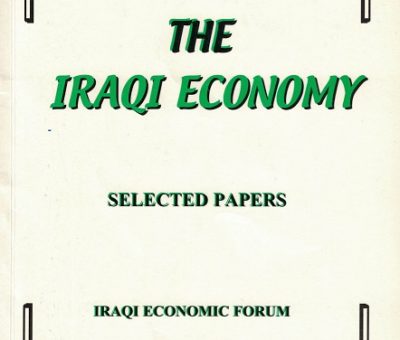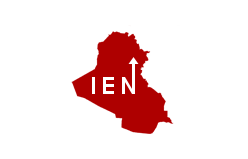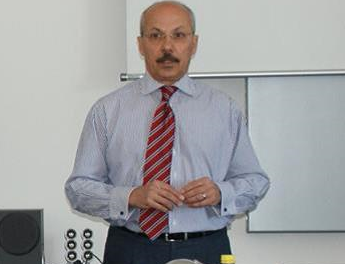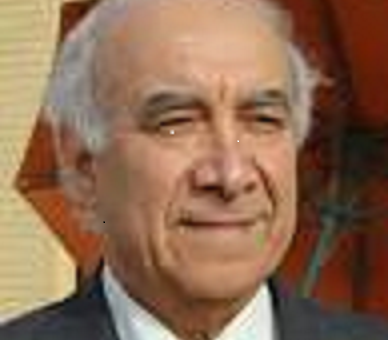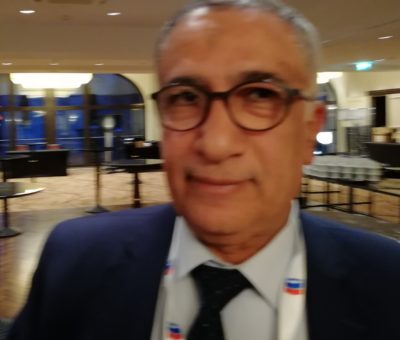FORWARD (I) Since its establishment in 1994, the Iraqi Economic Forum (IEF) has been active in organising lectures and seminars in London on economic themes mainly relating to the Iraqi economy. A notable joint effort was the collaboration of the Centre for Arab Gulf Studies at the University of Exeter with IEF in organising an international conference in July 1997 on Iraq’s
Read MoreA closer look at the local security changes, turnout obstacles, sectarian divisions, and other factors that could determine the shape of Iraq’s next government. Iraqis head to the polls on May 12 to elect a new parliament, after which legislators will choose a speaker, president, and prime minister. The elections come at the end of four tough years for Iraq, with the Islamic
Read More[An open letter to the next Iraqi Prime Minister to develop Iraq’s economy] [Risāla maftūha li Ra’īs al-Wizarā’ al-‘Irāqi al-tāli li Inmā’ Iqtisad al-‘Irāq] In our world, there is only one race – the Human Race. Wars and sanctions do not produce economic development – Peace Does. Today, most Iraqis live in anticipation. Their trust in the political class t
Read MoreIn order to have a feel for and appreciate as to what happened to the Iraqi economy under Saddam Hussain and the sanctions, how bad and how dire the Iraqi economic situation has become, it is necessary that you should be exposed to an overview of the Iraqi economy before the Gulf War and the imposition of economic sanctions. More effectively still, you should be exposed to t
Read More<!----> Iraq's Macroeconomic Context Iraq was hit in 2014 by a dual crisis – the Islamic State and Significantly Lower Oil prices With 95% of revenues coming from oil sales, Iraq had a significant budgetary Deficit as it took time to adjust expenditures down Initially investments both in the oil sector and the non-oil sector were reduced significantly This caused a
Read More

